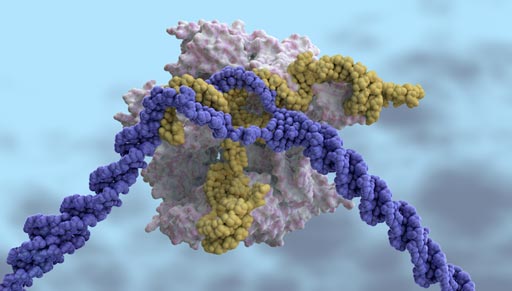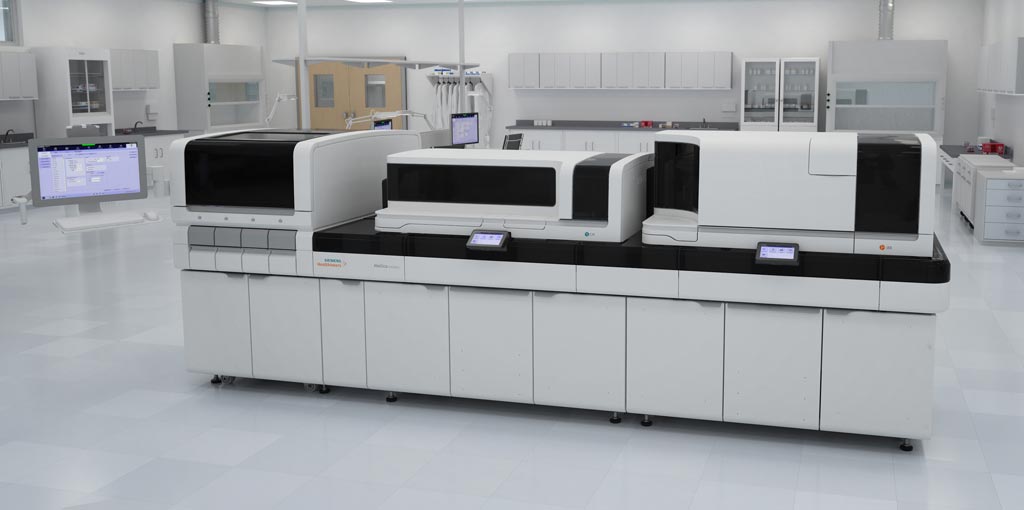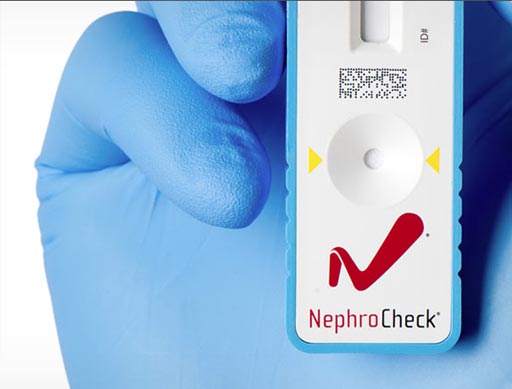Keynote Address to Focus on CRISPR/Cas9 Gene Editing
By LabMedica International staff writers
Posted on 08 Jun 2017
The widely used CRISPR/Cas9 genome editing technique is to be the subject of the keynote address of the plenary sessions of the July 30 - August 3, 2017, AACC Annual Meeting & Clinical Lab Expo (San Diego, CA, USA).Posted on 08 Jun 2017
The featured speaker will be Dr. Jennifer Doudna, professor of chemistry and molecular and cell biology at the University of California, Berkeley (USA). The title of her presentation is "CRISPR Biology, Technology & Ethics: The Future of Genome Engineering". This presentation will describe how the bacterial CRISPR adaptive immune system continues to inspire development of powerful genome engineering tools, enabling advances in both fundamental biology and applications to the mammalian brain.

Image: Gene editing technologies, including CRISPR/Cas9, offer the ability to directly modify or correct the underlying disease-associated changes in our genome (Photo courtesy of CRISPR Therapeutics).
CRISPR/Cas9 is regarded as the cutting edge of molecular biology technology. CRISPRs (clustered regularly interspaced short palindromic repeats) are segments of prokaryotic DNA containing short repetitions of base sequences. Each repetition is followed by short segments of "spacer DNA" from previous exposures to a bacterial virus or plasmid. CRISPRs are found in approximately 40% of sequenced bacteria genomes and 90% of sequenced archaea. CRISPRs are often associated with cas genes that code for proteins related to CRISPRs.
Since 2013, the CRISPR/Cas system has been used in research for gene editing (adding, disrupting, or changing the sequence of specific genes) and gene regulation. By delivering the Cas9 enzyme and appropriate guide RNAs into a cell, the organism's genome can be cut at any desired location. The conventional CRISPR/Cas9 system is composed of two parts: the Cas9 enzyme, which cleaves the DNA molecule and specific RNA guides (CRISPRs) that shepherd the Cas9 protein to the target gene on a DNA strand.
The ethics of CRSPR/Cas9 were discussed by a panel of experts, and their remarks were published in the October 2016 issue of the journal Clinical Chemistry. The panelists cautioned that making the methodology cheap and easy enough for poorly funded amateurs could have vast effects by making it harder for anyone to control. They also warned about the potential consequences of off-target effects, including lack of specificity and incomplete targeting, which could have devastating effects on patients.
On the other hand, they suggested that when CRISPR technology becomes completely safe and effective, it could be used to edit somatic cells of people or fetuses and embryos to prevent heritable diseases, even to edit the germline to prevent any future transmission of heritable diseases.
The importance of the future role of CRISPR/Cas9 is underlined by the choice to make this technology the topic of this year's keynote address.
Related Links:
AACC Annual Meeting & Clinical Lab Expo
University of California, Berkeley














